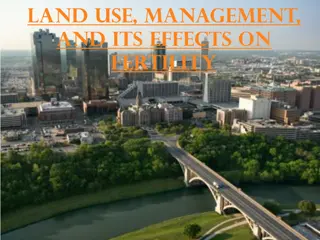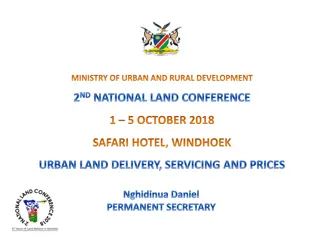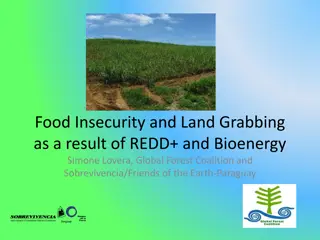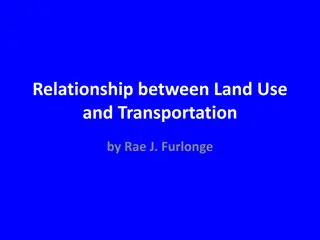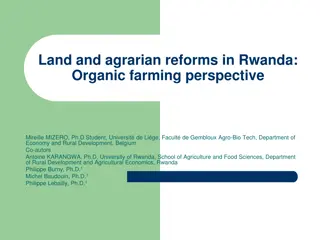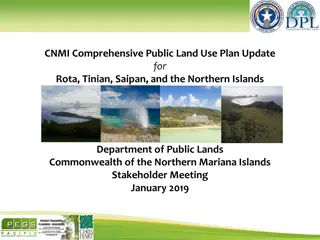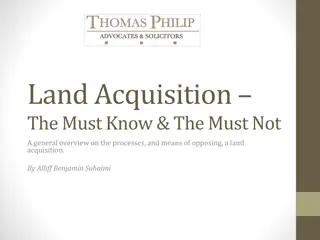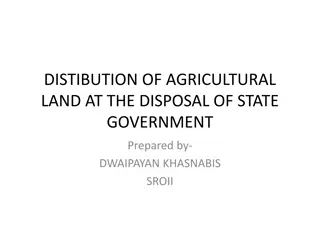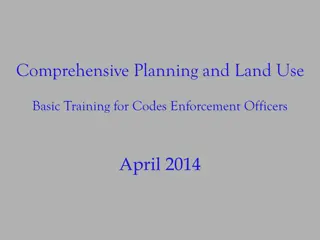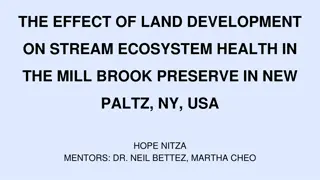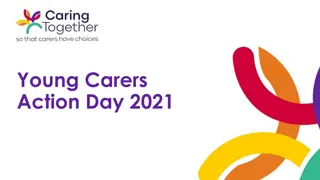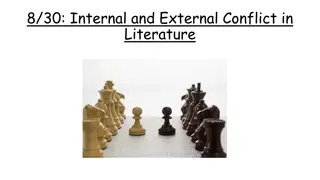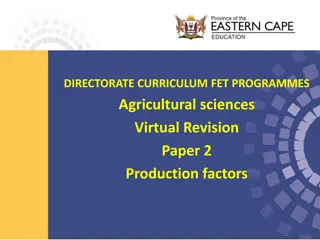Learn and Share in English - Unit 5: The Young Man Who Would Love to Live in Sunset Land
Explore the unit 5 content focusing on the story of a young man seeking the old man's advice he had once ignored. Dive into discussions about happiness, natural beauty, emotions evoked by sunsets, and reflections on the story's ending. Engage in language study, writing, listening, and speaking activities to enhance English skills.
Download Presentation

Please find below an Image/Link to download the presentation.
The content on the website is provided AS IS for your information and personal use only. It may not be sold, licensed, or shared on other websites without obtaining consent from the author. Download presentation by click this link. If you encounter any issues during the download, it is possible that the publisher has removed the file from their server.
E N D
Presentation Transcript
LEARN AND SHARE IN ENGLISH Amadeu Marques; Ana Carolina Cardoso 2 ano do ensino m dio
Unit 5 The Young Man Who Would Love to Live in Sunset Land NESSA UNIDADE: Let's Start Reading Word Study Language Study Writing Listening Speaking LEARN & SHARE IN ENGLISH | Volume 2 3 Bimestre
UNIT 5 THE YOUNG MAN WHO WOULD LOVE TO LIVE IN SUNSET LAND LET S START The Bridgeman Art Library/Keystone/Galeria Nacional, Londres, Inglaterra. 1) What does happiness mean to you? In your notebook, write down some words that come to your mind when you think of happiness. 2) Have you ever seen a reproduction of this painting? Do you know who painted it? What feeling do you think it expresses? LEARN & SHARE IN ENGLISH | Volume 2 3 Bimestre
UNIT 5 THE YOUNG MAN WHO WOULD LOVE TO LIVE IN SUNSET LAND BEFORE YOU READ 1) Look at the photo on the right. Do you think this a beautiful sight? Would you say it shows a sunset or a sunrise? Can you tell one from the other? kesipun/Shutterstock 2) Do you like to watch a beautiful sunset? What emotional effect does it have on you, what feeling does it cause? What natural sights bring you joy and happiness? LEARN & SHARE IN ENGLISH | Volume 2 3 Bimestre
UNIT 5 THE YOUNG MAN WHO WOULD LOVE TO LIVE IN SUNSET LAND AFTER YOU READ Discuss the following questions in small groups. a) Did the end of the story surprise you? Why (not)? b) The young man didn't follow the older man's advice. Do you usually follow older people's advice? Why (not)? c) Do you think the man found what he was looking for? Why (not)? LEARN & SHARE IN ENGLISH | Volume 2 3 Bimestre
UNIT 5 THE YOUNG MAN WHO WOULD LOVE TO LIVE IN SUNSET LAND MORE FOOD FOR THOUGHT Function words are used for expressing relationships between other words in a sentence. Read the two sentences below, taken from the text. Choose the options that correspond the function words in bold. a) "He wanted to find the old man whose advice he had ignored when he was young." quem cujo de quem b) "Each night he would walk toward the setting sun." na dire o de para perto de para longe de LEARN & SHARE IN ENGLISH | Volume 2 3 Bimestre
UNIT 5 THE YOUNG MAN WHO WOULD LOVE TO LIVE IN SUNSET LAND LANGUAGE STUDY Observe the sentences in the previous exercise again and choose the correct option to complete the statements below. In sentence a, would love corresponds to _____ amava/amaria, in Portuguese. In sentence b, would walk corresponds to _____ caminhava/caminharia. LEARN & SHARE IN ENGLISH | Volume 2 3 Bimestre
UNIT 5 THE YOUNG MAN WHO WOULD LOVE TO LIVE IN SUNSET LAND LET S PRACTICE Read the Indian short story below and in your notebook, complete it with the verb forms in the box. The glossary will help you understand some words related to the Indian culture. lived was sitting would be will change named would take would you like would make transformed saw cannot marry LEARN & SHARE IN ENGLISH | Volume 2 3 Bimestre
UNIT 5 THE YOUNG MAN WHO WOULD LOVE TO LIVE IN SUNSET LAND WRITING Think in English. Remember to use the structures, verbs tenses and vocabulary you are now familiar with and make sure your ending: shows (or suggests) the result of the story's conflict; comes from the main character's actions; uses elements from the story's beginning and middle; makes the reader keep interested in the story. The new ending can be displayed on the library board. Read the new endings written by your classmates. Which one do you like most? LEARN & SHARE IN ENGLISH | Volume 2 3 Bimestre
UNIT 5 THE YOUNG MAN WHO WOULD LOVE TO LIVE IN SUNSET LAND BEFORE YOU LISTEN Discuss the following questions with a classmate. a) What is happiness? In your opinion, is it easy to define happiness? b) Do you think people have similar opinions about the meaning of happiness? c) Observe the pictures below. Which definition of happiness do you like best? Why? LEARN & SHARE IN ENGLISH | Volume 2 3 Bimestre
Unit 6 Science Has Remade the World NESSA UNIDADE: Let's Start Reading Word Study Language Study Writing Listening Speaking LEARN & SHARE IN ENGLISH | Volume 2 3 Bimestre
UNIT 6 SCIENCE HAS REMADE THE WORLD BEFORE YOU READ Discuss the following questions with a classmate. a) Do you like science? Do you think it is important? Why (not)? b) Can you mention any important scientific discoveries? c) Do you think science still has a lot to discover? If so, what, for example? Read the title and the subtitle of the following article. What is it about? Make your predictions. LEARN & SHARE IN ENGLISH | Volume 2 3 Bimestre
UNIT 6 SCIENCE HAS REMADE THE WORLD AFTER YOU READ Have you ever seen A Beautiful Mind? If so, did you like the movie? What is it about, do you remember? Russell Crowe played a scientist in that movie. What was the scientist's name, do you remember? What did he teach? LEARN & SHARE IN ENGLISH | Volume 2 3 Bimestre
UNIT 6 SCIENCE HAS REMADE THE WORLD WORD STUDY In each of the sentences below, there is a false cognate in bold. Use the context to help you find each true meaning and write it down in your notebook. a) " [...] living on a tiny planet orbiting an ordinarystar [...] b) " [...] and had only just stopped assuming that the sun (and everything else in the universe) revolved around the Earth. c) Bacteria and Brontosaurus Oxygen and octane." LEARN & SHARE IN ENGLISH | Volume 2 3 Bimestre
UNIT 6 SCIENCE HAS REMADE THE WORLD LANGUAGE STUDY Based on the text you read on page 99, do the following activities, writing them down in your notebook. a) Answer the questions with Yes or No. Has science transformed the world? Has scientists agreed on a theory about the origin of life? b) Are the statements below True or False? Observe the words in bold. Science has already discovered how atoms in human brains can consciously perceive the desire to ask questions. Scientists haven't discovered all the mysteries of the world yet. LEARN & SHARE IN ENGLISH | Volume 2 3 Bimestre
UNIT 6 SCIENCE HAS REMADE THE WORLD LET'S PRACTICE In this Unit we have been discussing about science. Use your notebook to transcribe the sentences below and complete them using the superlative form of the adjectives in parentheses. Complete some of the with your own opinion. Then compare your sentences with a classmate. a) In my opinion, _____ is _____ (famous) scientists of all time. b) I think _____ is one of _____ (interesting) recent discoveries. c) _____ is _____ (good) science fiction movie i have seen. d) John Nash was one _____ (great) mathematicians of our time. LEARN & SHARE IN ENGLISH | Volume 2 3 Bimestre
UNIT 6 SCIENCE HAS REMADE THE WORLD WRITING Read the news summary below and answer the following questions. Autism: Transforming Behavioral Therapy with Technology Using computer vision, signal processing and privacy protection, a doctoral student, along with electrical and computer engineering professors, have developed "MEBook", a combination of a social narrative and gaming system that psychologists and parents can use as behavioral therapies for autistic children. a) What is "MEBook"? b) Who has developed it? c) Who will benefit from it? d) Do you think this is an important development? Why (not)? LEARN & SHARE IN ENGLISH | Volume 2 3 Bimestre
UNIT 6 SCIENCE HAS REMADE THE WORLD BEFORE YOU LISTEN Answer the following questions. a) Do you like to keep informed about recent discoveries? b) Do you watch the news on TV or read the newspaper to learn about those discoveries? c) What's the latest discovery you have heard of? You are going to listen to some breaking news about a scientific discovery. Look at the words in the box below and select those you expect to hear. stem cells pills homework obesity planet ocean friend LEARN & SHARE IN ENGLISH | Volume 2 3 Bimestre
UNIT 6 SCIENCE HAS REMADE THE WORLD SPEAKING Discuss these questions with a classmate. a) Do you think artificial intelligence can be a menace to humanity? Why (not)? b) Could you do without television? What about the internet? c) Do you use a camera to take pictures or do you use a smartphone for that? d) Do you use your mind to do simple calculations or do you use a calculator for that? LEARN & SHARE IN ENGLISH | Volume 2 3 Bimestre
UNIT 6 SCIENCE HAS REMADE THE WORLD SELF-ASSESSMENT 1) Evaluate your performance in this Unit. In your notebook, give yourself a score from 1 to 5 for each the topics below. 2) Take a look at the items in activity 1 in which you gave yourself a score of 1 or 2. Talk to a classmate and think of what you can to improve your performance. The discuss your ideas with your teacher. LEARN & SHARE IN ENGLISH | Volume 2 3 Bimestre


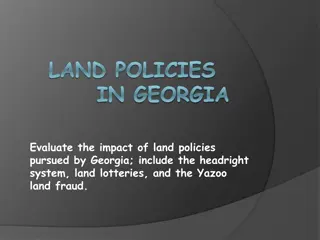
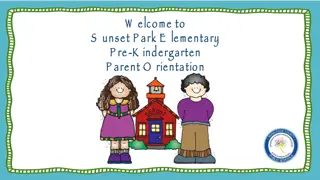

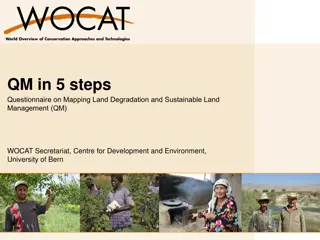
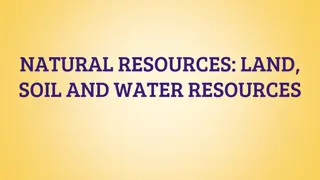
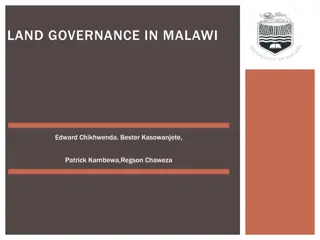
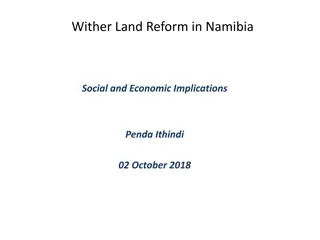
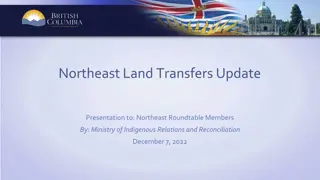
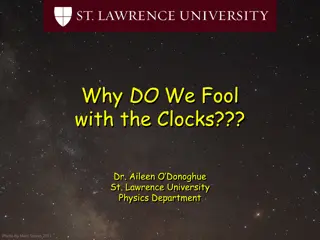
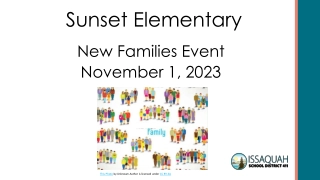
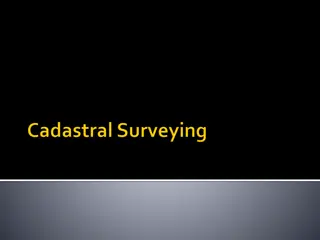

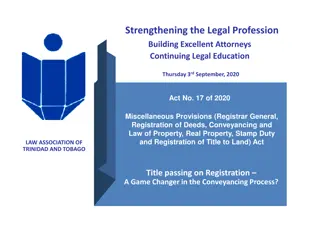
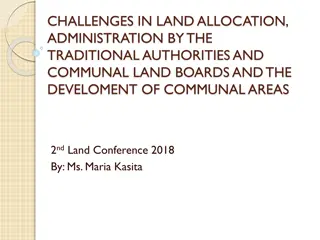

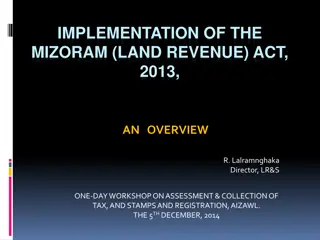
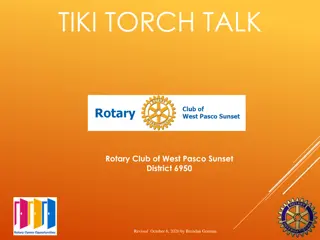
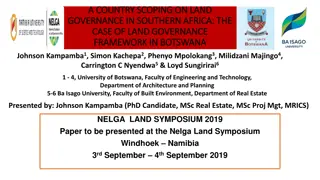
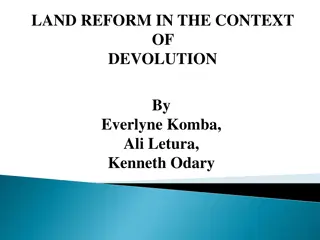
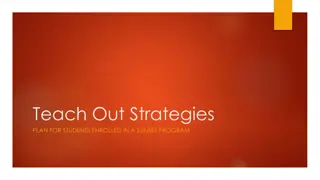




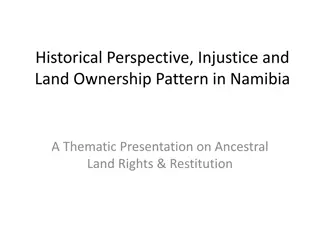
![Explore the Exciting World of Live Music Through [Insert Town/City] Census!](/thumb/148894/explore-the-exciting-world-of-live-music-through-insert-town-city-census.jpg)
